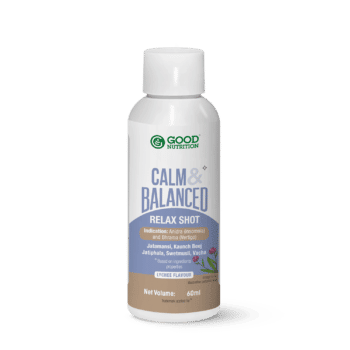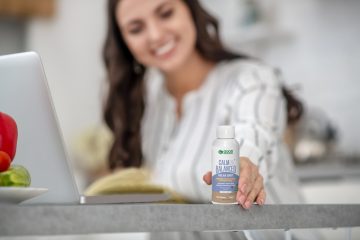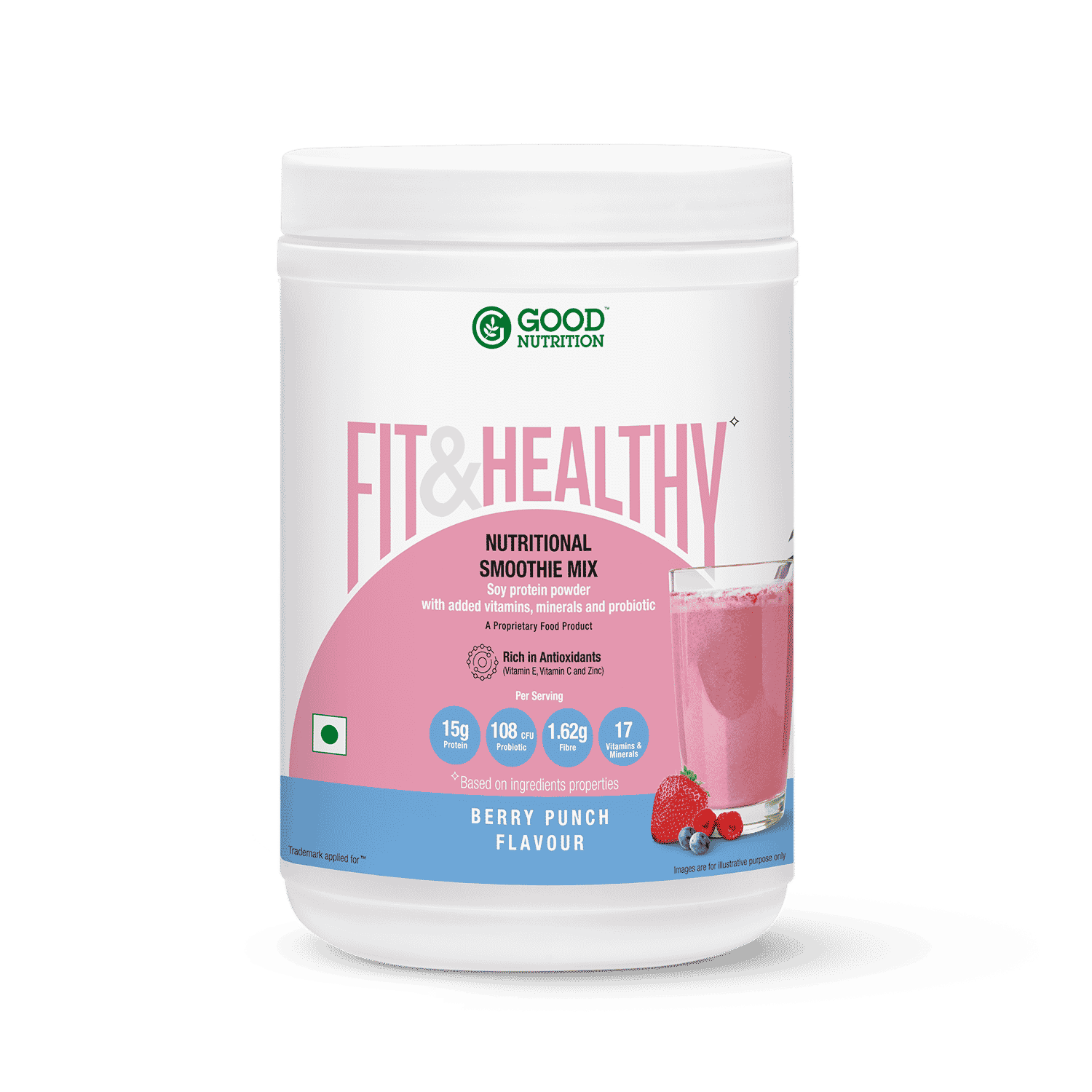In today’s fast-paced world, anxiety has become a common challenge, prompting many to seek solutions beyond conventional medication. Natural anti-anxiety supplements have gained popularity, but misinformation can lead to misconceptions. This blog delves into the myths and facts surrounding these supplements, helping you make informed decisions about your mental health.
The Allure of Natural Anti-Anxiety Supplements
Imagine feeling overwhelmed by work stress, unable to unwind. A friend suggests trying natural anti-anxiety supplements, claiming they’ve been a game-changer. Intrigued, you decide to explore this option. But how much of what you hear is fact, and how much is myth?
Myth 1: Natural Supplements Are Always Safe
A common belief is that “natural” equals “safe.” However, not all natural anti-anxiety supplements are free from side effects. For instance, St. John’s Wort, often touted for its calming properties, can interfere with prescription medications and cause adverse reactions like photosensitivity and gastrointestinal issues.
Fact: Quality Matters
When considering supplements, quality is paramount. Products from reputable brands, such as those highlighted by Good Nutrition, are more likely to be safe and effective. Their stringent manufacturing processes ensure that supplements are free from contaminants and accurately labelled, providing peace of mind.
Myth 2: Supplements Work Instantly
Many expect immediate results from supplements, similar to pharmaceutical drugs. However, natural anti-anxiety supplements typically require consistent use over weeks to manifest noticeable effects. For example, adaptogens like ashwagandha gradually help the body manage stress but don’t offer instant relief.
Fact: Patience Pays Off
Integrating supplements into your routine requires patience. It’s essential to allow time for your body to adjust and respond. The benefits of supplements like ashwagandha and magnesium build up over time, promoting long-term resilience against anxiety.
Myth 3: One Supplement Fits All
Believing that one supplement can address all anxiety types is a common misconception. Anxiety can stem from various sources, including nutritional deficiencies, hormonal imbalances, and chronic stress. Thus, a single supplement may not be a universal solution.
Fact: Personalized Approach
Tailoring supplements to individual needs yields the best results. For instance, magnesium can be beneficial for those with anxiety linked to magnesium deficiency, while omega-3 fatty acids might help those with inflammation-related anxiety. Consulting a healthcare professional can help identify the most suitable supplement for your specific needs.
Myth 4: Supplements Can Replace Therapy
Some people believe that taking supplements can negate the need for therapy or other forms of treatment. While supplements can support mental health, they are not a substitute for professional counselling, cognitive-behavioural therapy (CBT), or prescribed medications when necessary.
Fact: Supplements as Part of a Holistic Approach
Integrating supplements into a broader mental health strategy is most effective. This approach may include therapy, lifestyle changes, and stress management techniques. Supplements can enhance these methods by providing additional support to your body and mind.
Myth 5: All Supplements Are Backed by Science
Not all natural anti-anxiety supplements have robust scientific backing. Some rely on anecdotal evidence rather than rigorous research. This can lead to false expectations and potential disappointment.
Fact: Evidence-Based Choices
Choosing supplements supported by scientific research ensures efficacy and safety. Ingredients like L-theanine, found in green tea, and valerian root have been studied for their calming effects. Prioritizing evidence-based supplements can enhance your chances of experiencing genuine benefits.
Final Thoughts
Navigating the world of natural anti-anxiety supplements can be challenging amidst the myths and misconceptions. By focusing on quality, understanding that results take time, personalizing your approach, and integrating supplements into a holistic mental health plan, you can make informed decisions that truly benefit your well-being.












